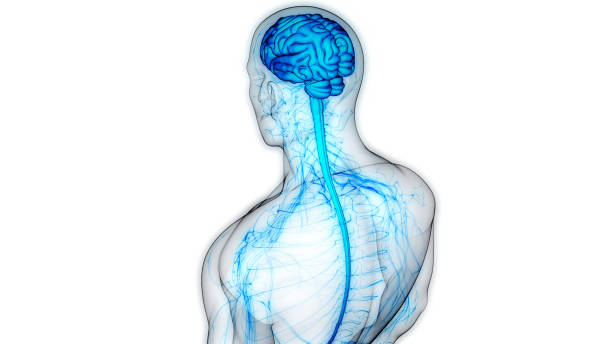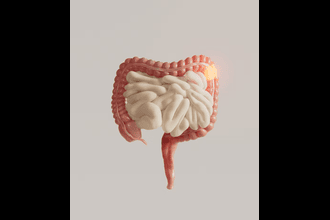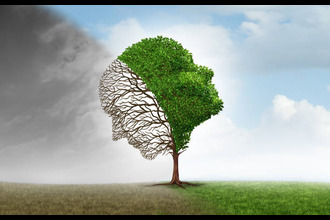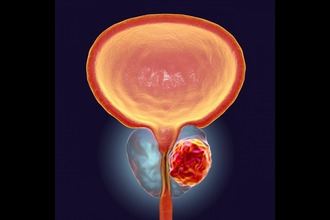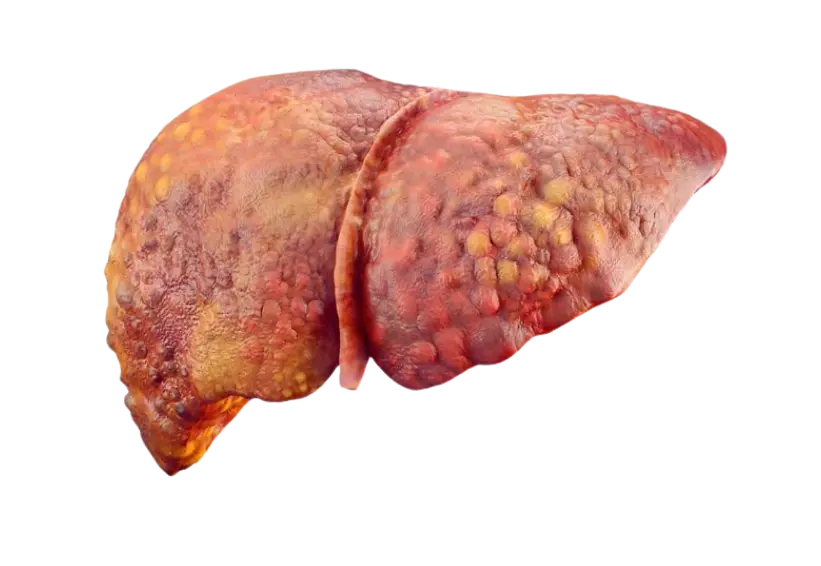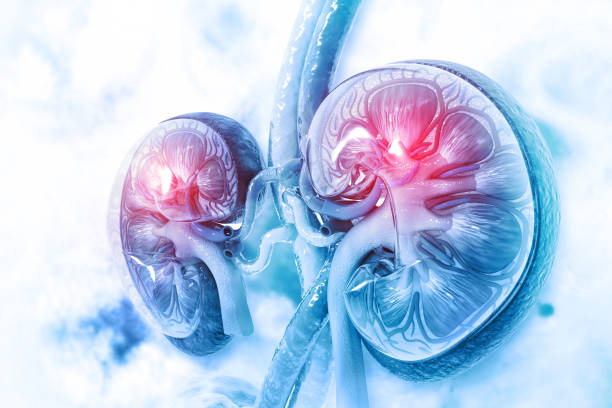Liver Disorders: Causes, Effects, and Prevention
Liver disorders can result in a myriad of health conditions that affect the liver's ability to function properly. The liver is a vital organ that plays a major role in filtering out toxins from the body and producing bile to digest fat. It also stores energy in the form of glycogen. When the liver's functioning is compromised, it can lead to severe health problems. These disorders can be prevented and managed with a proper diet and professional intervention.
A liver disorder refers to any condition that damages the liver and impairs its function. The disorder can result from infections, excessive alcohol consumption, obesity, or genetic conditions. If left untreated, it can lead to liver cancer and liver failure.
The liver is the second-largest organ in the body and is responsible for filtering toxins and waste from the blood. It aids in digestion by producing bile, stores vitamins, and supports the production of hormones and proteins. When this organ is damaged, its function is impaired, leading to numerous health problems.
Hepatitis (A, B, C)
Hepatitis is an infection that causes liver inflammation. Hepatitis A is contracted through the consumption of contaminated food or water. Hepatitis B is transmitted through bodily fluids and blood. Chronic Hepatitis B and C can result in cirrhosis and liver cancer if left untreated.
Fatty Liver Disease
There are two types of fatty liver disease:
- Non-Alcoholic Fatty Liver Disease (NAFLD): Occurs due to fat accumulation in the liver without alcohol consumption. It is linked to diabetes, obesity, and metabolic syndrome.
- Alcoholic Fatty Liver Disease: Develops due to excessive alcohol consumption, leading to fat accumulation in the liver and eventually causing cirrhosis.
Cirrhosis
Cirrhosis is the scarring of the liver caused by excessive alcohol consumption, fatty liver disease, or viral hepatitis. If not treated promptly, it can progress to liver failure, requiring immediate medical intervention.
Liver Cancer
Liver cancer may develop as a result of untreated hepatitis and cirrhosis. If not diagnosed early, it can spread to other parts of the body. Primary liver cancer originates in liver cells and is difficult to treat in its initial stages.
Wilson’s Disease
Wilson’s disease is a genetic disorder that causes excessive copper accumulation in the liver. This condition can damage the liver and other organs. Symptoms may include neurological issues, liver dysfunction, and psychiatric problems.
Hemochromatosis
Hemochromatosis is a hereditary condition that causes excess iron buildup in the liver and other organs. This can lead to liver damage, joint pain, heart problems, and diabetes.
Autoimmune Hepatitis
Autoimmune hepatitis occurs when the body's immune system attacks liver cells, causing inflammation and scarring. It is more common in women.
Liver problems can range from mild to severe. If left untreated, they can lead to acute illness and eventually liver failure. Early diagnosis and timely intervention are essential for managing and preventing liver disorders. Contact us immediately for medical assistance and guidance.


